Exact Answer: 8 Hours
Ibuprofen is a widely used medication used to relieve pain due to fever, menstrual cramps, dental cavities, migraines, or arthritis. Aspirin, also known as acetylsalicylic acid, is a commonly used drug for relieving pain, inflammation, and fever. It also works as a blood thinner.
Both of these work by reducing hormones in the body that cause pain and swelling in the body. It inhibits an enzyme called cyclooxygenase, which is essential to the synthesis of prostaglandins. Prostaglandins are responsible for sensations such as pain, and inflammatory processes, such as fever and inflammation.
These medicines differ in their chemical composition. While the former is made with propionic acid, the latter is made with salicylic acid.
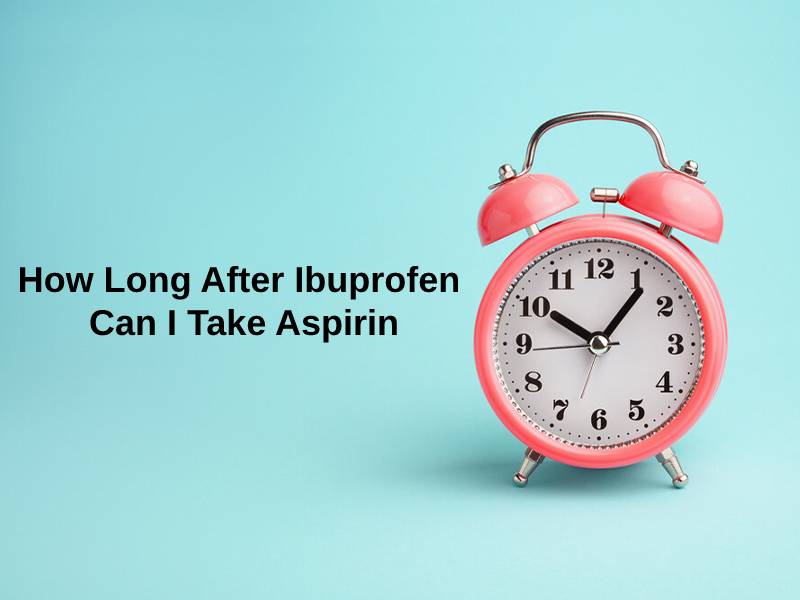
How Long After Ibuprofen Can I Take Aspirin?
| Dosage | Time Interval |
| Aspirin After Ibuprofen | 8 Hours |
| Ibuprofen After Aspirin | 30 Minutes |
Aspirin and Ibuprofen find their use in relieving minor pain. Aspirin in addition to its pain-relieving properties also finds its use in reducing the risk of cardiovascular diseases. Whereas, Ibuprofen is used to curb fever and its side effects. The probability that a patient requires both of these drugs is very likely.
Both of these drugs belong to the same family of medicines known as nonsteroidal anti-inflammatory drugs or NSAIDs. They have the same working mechanism although, they differ in their chemical composition. Hence, they also have common side effects.
It is advisable not to consume both drugs simultaneously. Aspirin having blood-thinning properties is consumed by cardiovascular patients regularly whereas, consumption of Ibuprofen is case-specific. Consuming another NSAID along with Aspirin can lead to severe complications. It is better to consult a doctor before consuming an NSAID along with Aspirin.

As per the United States Food and Drug Administration (U.S FDA), it is recommended to take Ibuprofen eight hours before or thirty minutes after taking a regular low dose of aspirin. If due to an existing condition, the patient needs to consume Ibuprofen regularly, it is advisable to look for an alternative medication by consulting a doctor.
Why Can I Take Aspirin So Long After Ibuprofen?
Both the drugs have similar side effects. Consuming both together can increase the risk of these side effects.
The common side effects include ulcers in the stomach, which, when worsened, can result in bleeding. There are some allergies associated as well. The symptoms such as hives, rash, blisters, facial swelling, and wheezing are associated with it. There is a possibility of redness and swelling in some body parts. In some cases, the patients also experience hearing problems.
Ibuprofen also interferes with the anti-clotting or the blood-thinning properties of Aspirin, making it less effective. The low effectiveness of Aspirin puts the patient of cardiovascular diseases at a greater risk of heart attacks and strokes.

The consumption of two or more NSAIDs at the same time is ill-advised. Rather than benefiting from them, the patient can be at serious risk due to an increased vulnerability to the side effects of the drugs. In the case where there is an absolute necessity to consume two or more NSAIDs, there must be a significant time gap between the two. Or else, alternatives must be considered.
Conclusion
Aspirin and ibuprofen are both pain-relieving drugs. Both of them have their own merits and demerits. While Aspirin is a blood-thinning drug and prescribed to patients suffering from cardiovascular diseases, Ibuprofen is prescribed to patients suffering from fever and severe pain.
Some of the side effects of these drugs include allergic reactions. It may even result in hearing problems. Stomach bleeding due to the bursting of ulcers is also common.
In order to avoid these side effects and other complications, it is advisable to abstain from using both medicines at the same time. A considerable amount of gap must be there between the consumption of these two drugs. Aspirin must only be consumed after eight hours after consuming Ibuprofen. Alternatively, Ibuprofen can be consumed thirty minutes after consuming Aspirin.

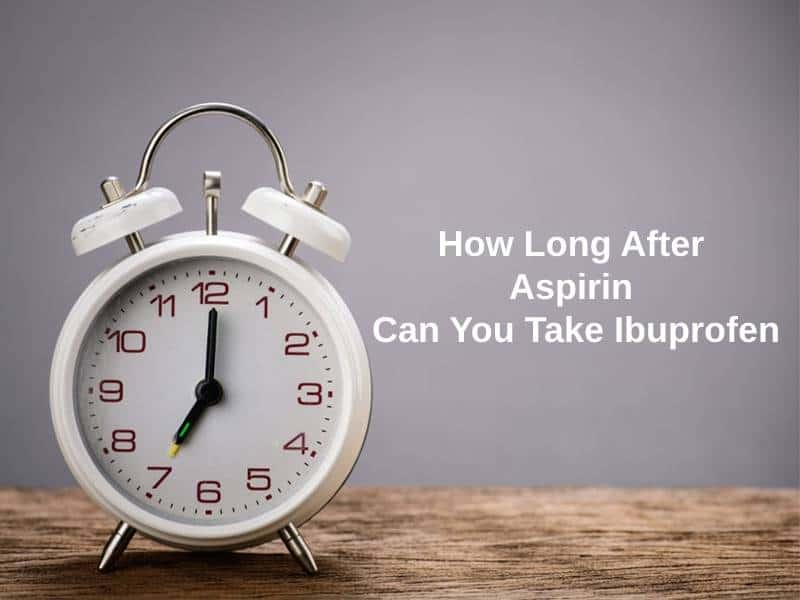
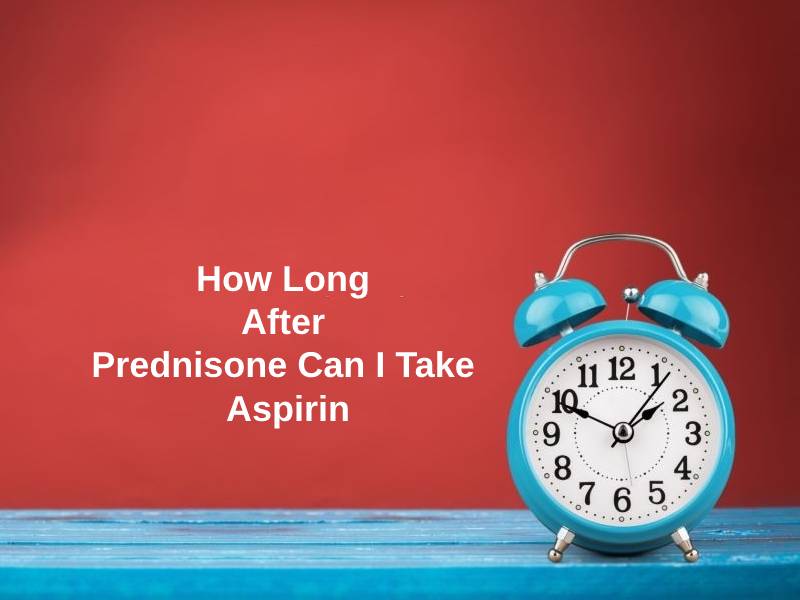
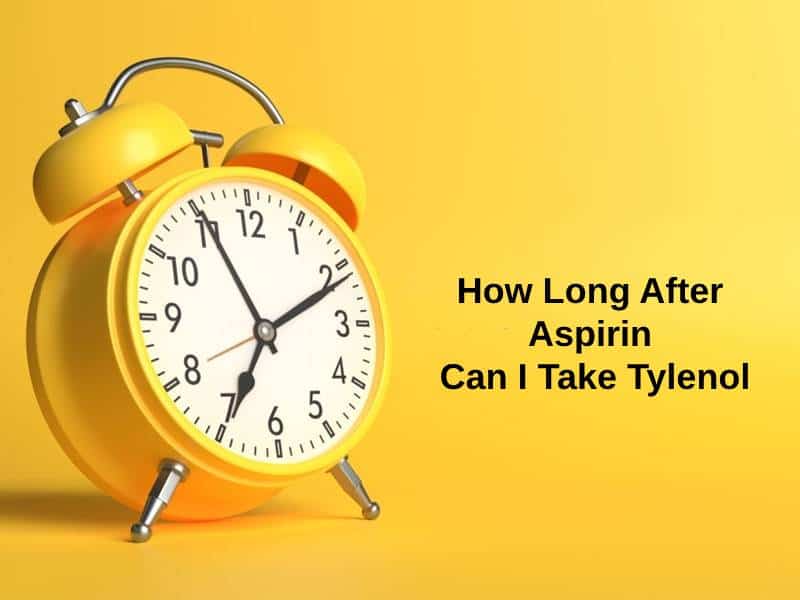
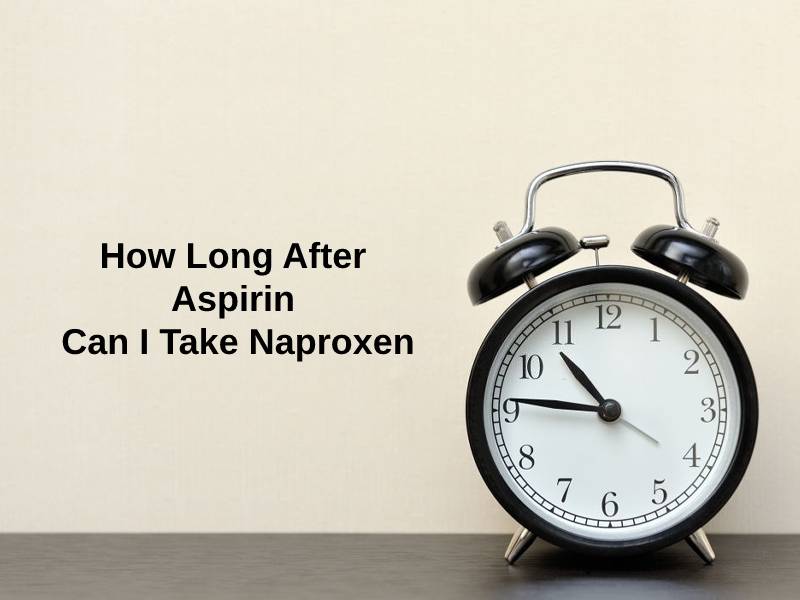
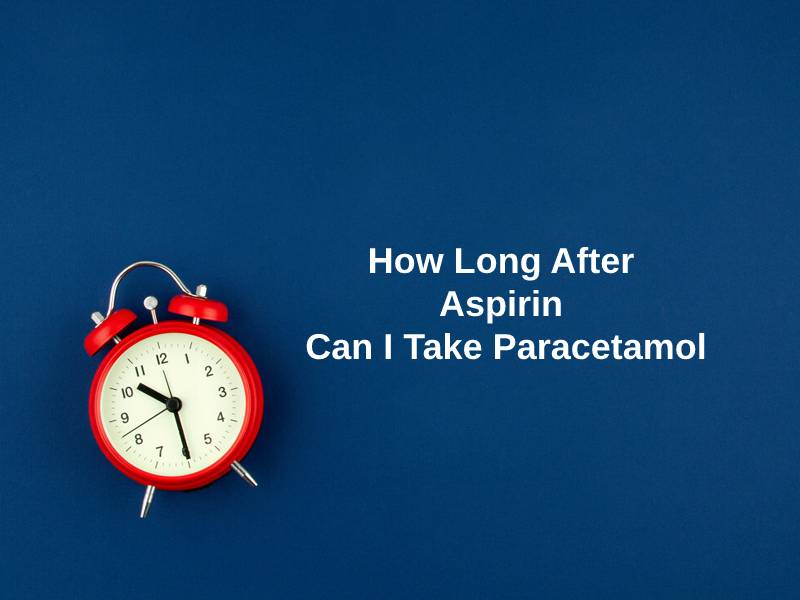
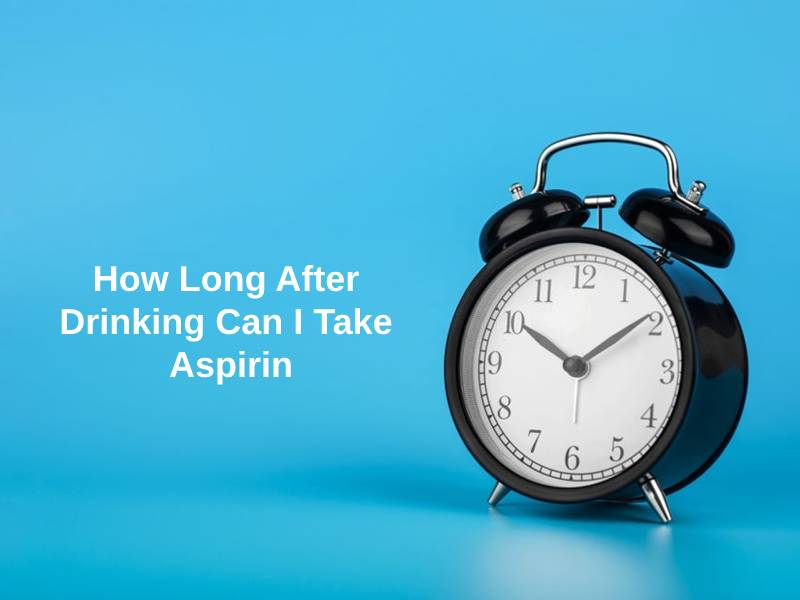
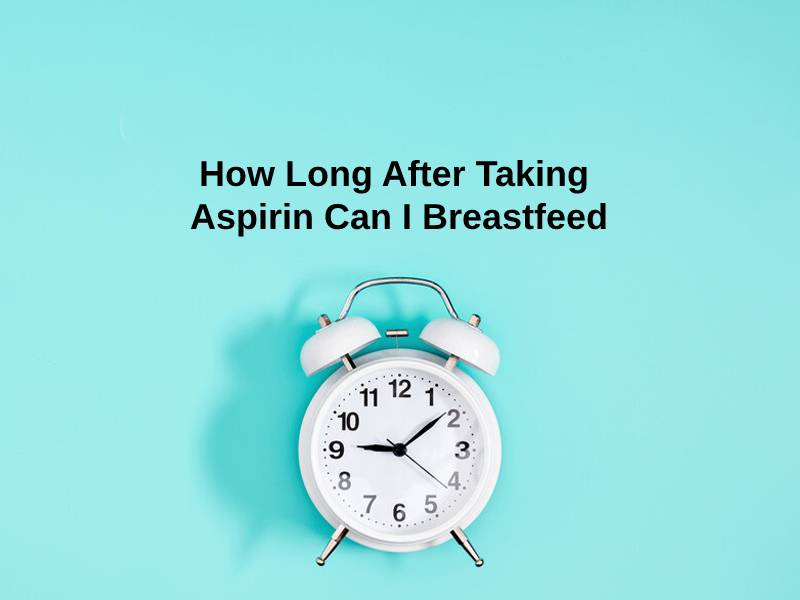
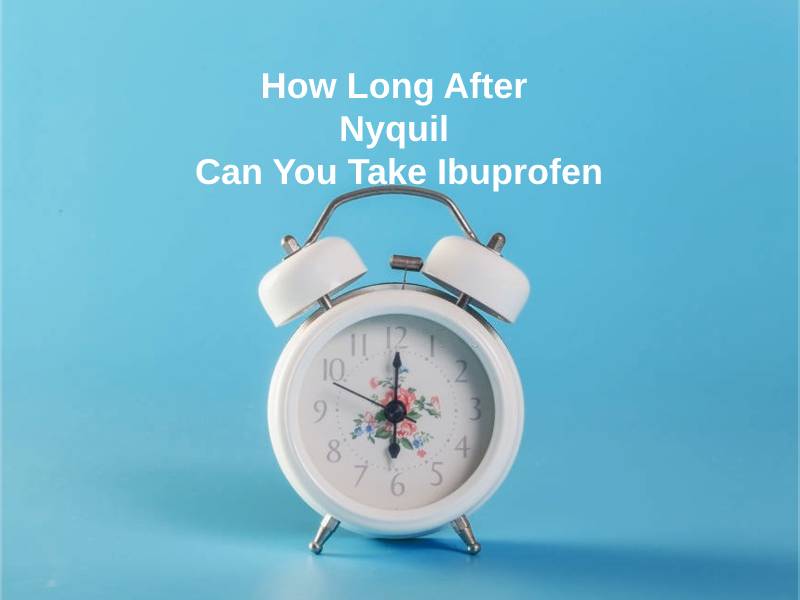
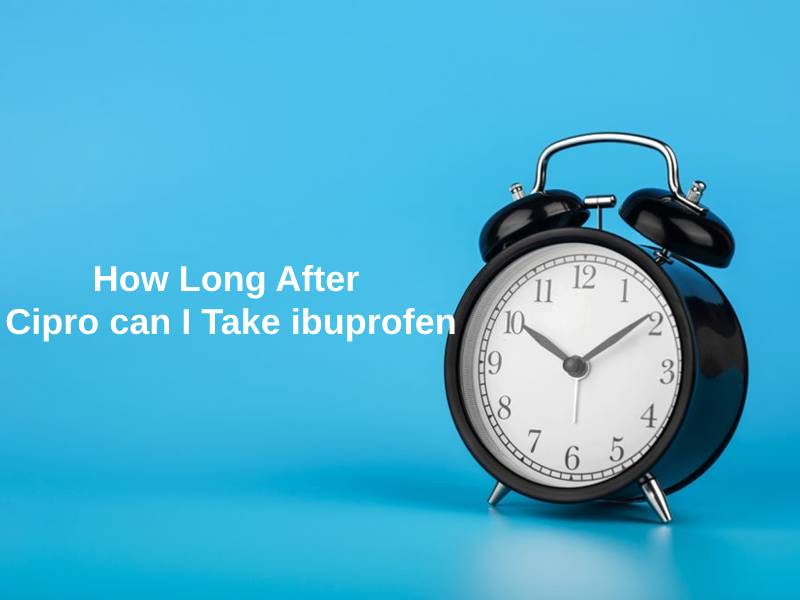
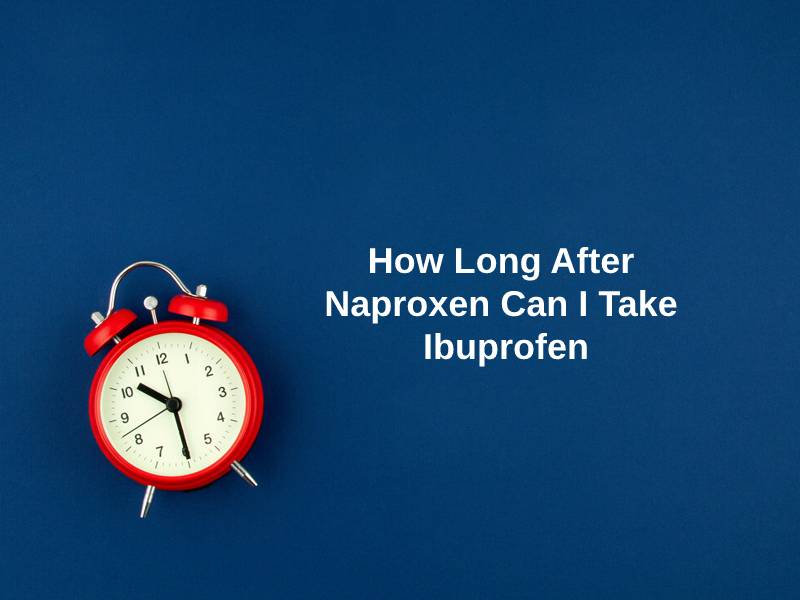
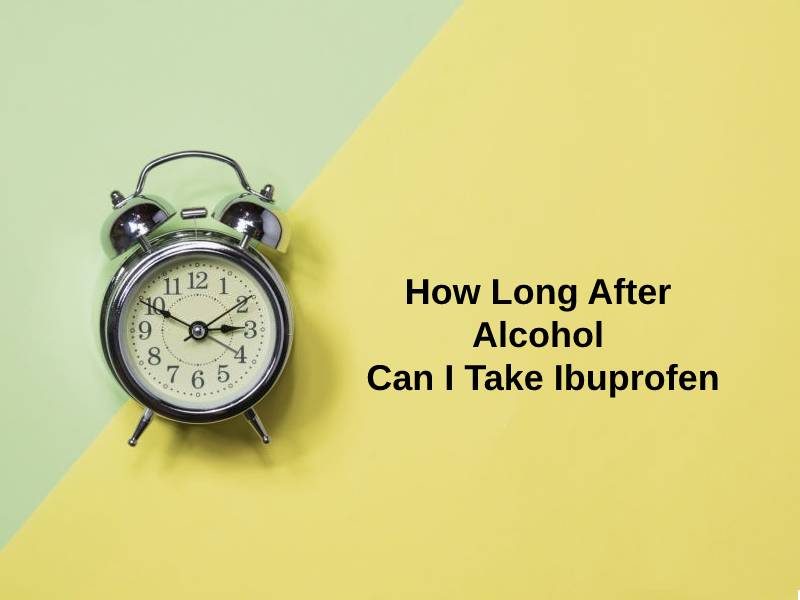
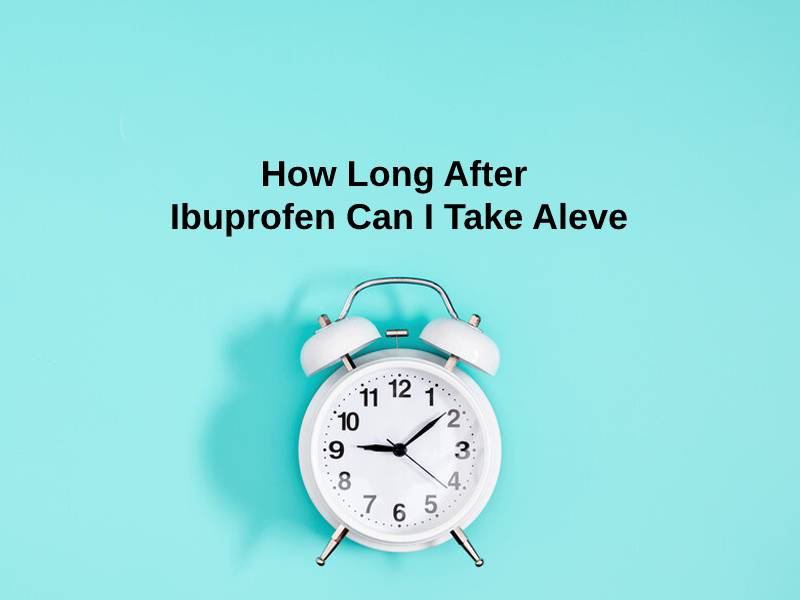


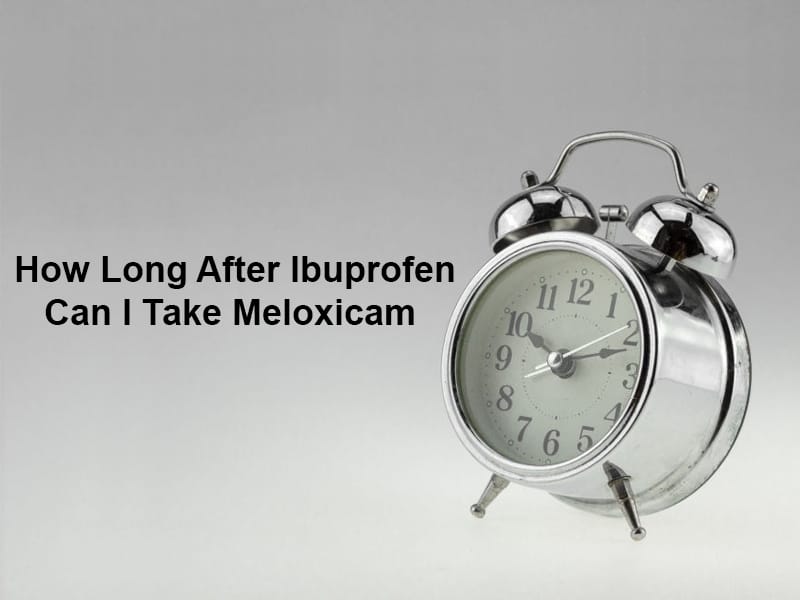
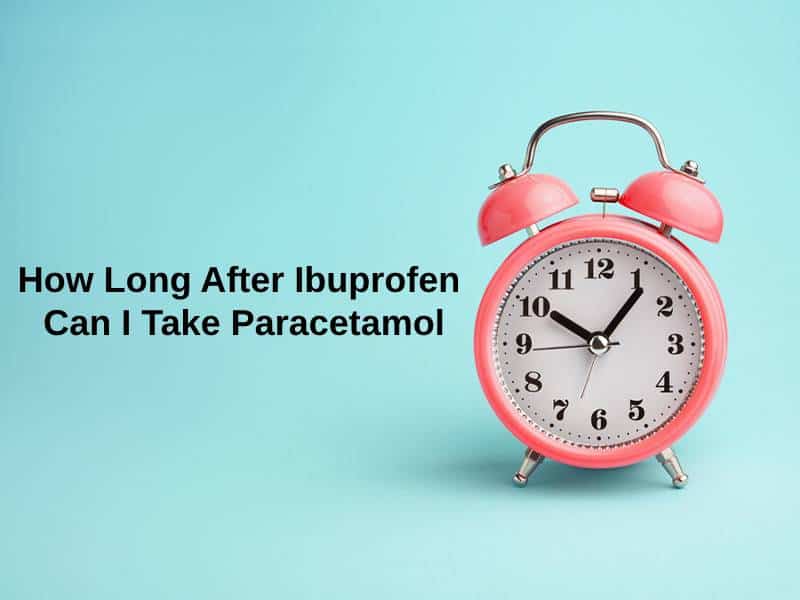

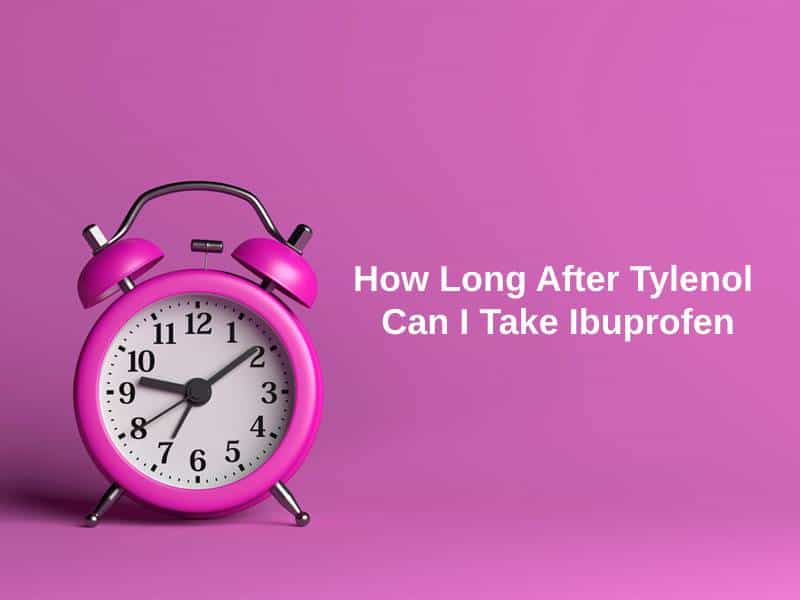


Not bad, but I was expecting more in-depth explanations.
Yeah, it wasn’t too complex, which I think is good for general readers.
I think it covered a good amount without being too complicated.
I honestly didn’t learn anything new from this, a little disappointing.
Really? I found it very useful and informative.
Very informative, thank you for the helpful information.
I couldn’t agree more. Great article!
This article was incredibly interesting. The content was very well explained and easy to understand.
Yes, I agree! I learned a lot from this article.
I didn’t find this helpful, it wasn’t detailed at all.
But the information was clear and concise, I believe. It covered exactly what it set out to.
I have to disagree, this post was very informative.
I found this article extremely interesting and informative, great read!
I think that it was clear and precise, which makes it a good read for a broader audience.
Indeed, it’s straightforward and informative without sacrificing accuracy.
Very useful information about these widely used pain relievers and their interaction, very good to know.
I absolutely agree, Fiona. Great post. Thanks for sharing.
Not the most enjoyable topic, but an important one. This article did a great job explaining the interaction between these drugs.
Absolutely, I appreciate a well-explained post like this.
Agreed, and it’s written in a way that’s accessible to a lot of people.
Very insightful article, thank you for sharing.
I agree, very insightful.
Absolutely, I feel better informed now.
It’s a good reminder that you shouldn’t consume both drugs simultaneously, useful to know.
We should always seek advice from a medical professional when it comes to medications.
That’s a great point! I appreciate informed articles like this.